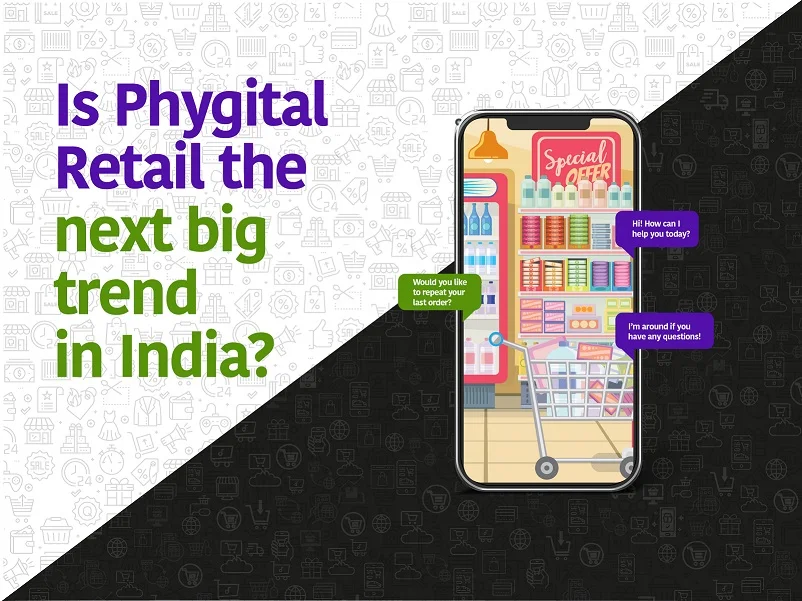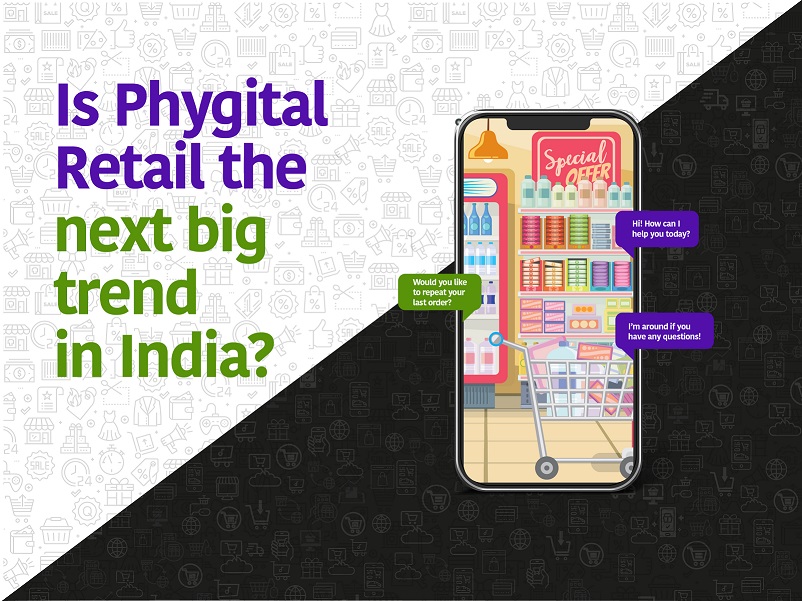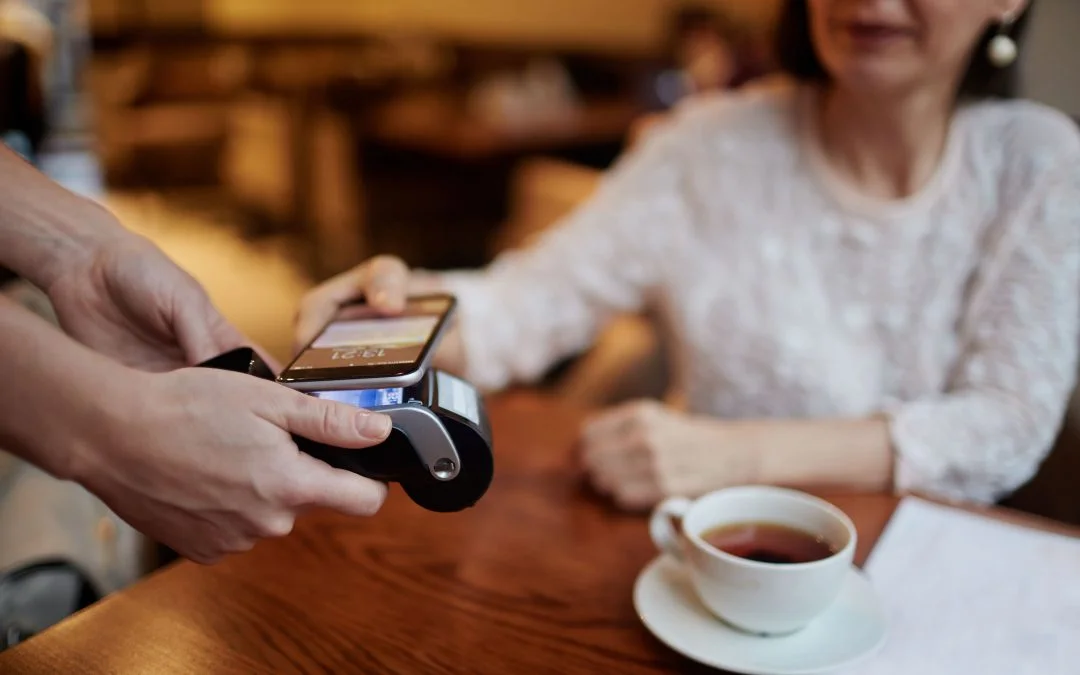- Design industry shaping loyalty programs
- Integrate easily and go live quicker
- Deliver hyper-personalized consumer experiences
Blue Rewards from Al Futtaim Group Shares Loyalty Success Stories and Evolution. Watch Podcast >
Capillary Announces 2nd Annual Captivate 2025 Summit: Transforming Loyalty Management with New AI Tech Read more >

The pre-Covid levels of retail revenue in India seem farther away now. While many retailers hoped that 2021 would be the year of recovery, the second wave of infections have dampened their pace. Even the financial services company Nomura has revised its growth expectations for India from 13.5% to 12.6% in the new fiscal year.
Should retail industry too fall for the second-wave and revise its revenue chart? At a time like this, Indian retailers can avoid panic and instead make some wise and proactive measures. A popular Harvard Business Review article called ‘Roaring out of recession‘ talks about how “post-recession winners” came out flourishing from the 2008 financial crisis. It describes how the winning companies reexamined every aspect of their business which will help them reduce their operating cost. When the slowdown turns around, the companies’ efficiency would not be impacted as their operating cost has been lowered before. It is this progressive mindset that can help retailers during the Covid slowdown seen across the Indian subcontinent today. One way to reinvent retail customer engagement is by introducing a new marketing strategy that compliments the current retail scenario – a phygital strategy.
Customers today have grown to love shopping online and show comfort in their own digital spaces for most retail experiences. That said, the touch and feel of traditional retail as well as live demos for product services are irreplaceable. Retailers thus would need a combination of online and offline experiences to build retail customer engagement. This is where the concept of Phygital enters the current retail landscape today. An amalgamation of the words physical and digital, it was coined by the Australian advertising agency Momentum in 2013 as they introduced the word in their motto. In the retail sense, the term has gained prominence recently, referring to the blending of best online and offline features of the shopping experience. An everyday example of phygital retail would be a typical consumer who always shops with a smartphone in hand, often checking product details to help them choose.
An effective phygital retail strategy ideally focuses on three I’s – immediacy, immersion, and interaction. While immediacy and immersion comes from the digital realm, Interaction is from the physical world.
The three I’s can be applied in various permutations and combinations in a retail business ranging from the catalogues and the products till the sales and customer service. For example, robotic digital signage and demand sensing in catalogues can help customers find product and immediately check stocks for the particular item. Similarly, chat bots and AI algorithms can speed up the selling process, while targeted marketing campaigns can encourage cross-selling and upselling.
Technologically India has been a fast growing country with a big stake in the AI revolution. However, digitization may be a work in progress in the retail industry, as AI solutions are yet to be fully translated in stores across India. Let’s take a look at some customer engagement trends which show that phygital retail needs to be an essential part in every brand strategy in India.

While many retailers in India in the current scenario are trying to compete in the ecommerce space with large players like Amazon and Flipkart, phygital could be a better way to go, as this strategy remains largely unexplored by many brands.
While some brands in India have already begun applying phygital retail strategies, some are in the exploratory stages. In fact, apparel brands including Asics, Fabindia and United Colors of Benetton have used Capillary’s ‘StoreMax’ solution which allows store managers or staff to engage with customers on WhatsApp. Through this solution, offline stores can send personalized recommendations to customers and accept the orders placed by customers through phone calls, on WhatsApp or online portal. The offline stores then become fulfillment centers where they help in providing minimal delivery timeline.
Phygital retail is not restricted to just apparel sector. Grocery retail and supermarkets are known to be benefitted largely. Brands like Spar and Namdhari in India, have taken up phygital strategies to ensure quick deliveries by recommending products based on their previous purchases and creating a seamless option of same-day delivery of orders.
Predictions on the retail industry’s future scenario shows that offline stores are not dead yet. People like seeking solace by visiting stores and we could see consumers coming back to shopping malls and markets when Covid restrictions would ease. However, contactless retail will be of high importance till the pandemic is over. This emphasizes the need of creating a phygital experience for a brand for its customers. It’s time to go phygital!

May 20, 2021 | 4 Min Read
The pre-Covid levels of retail revenue in India seem farther

June 30, 2020 | 4 Min Read
Almost six months into the global coronavirus pandemic and r